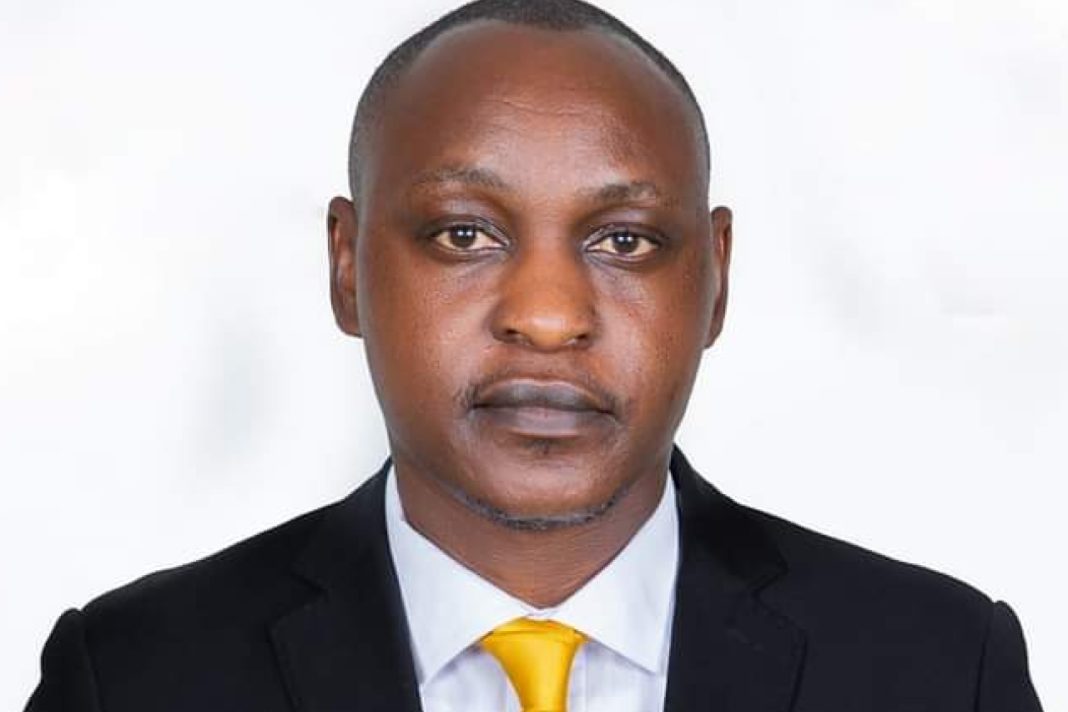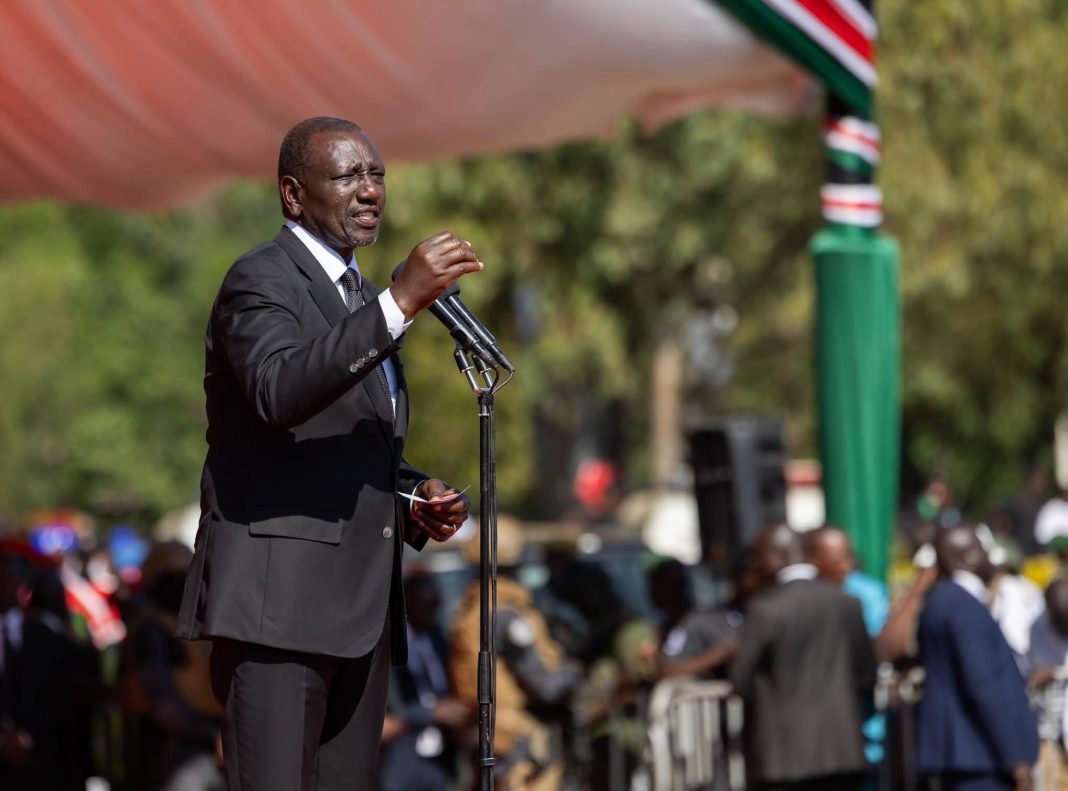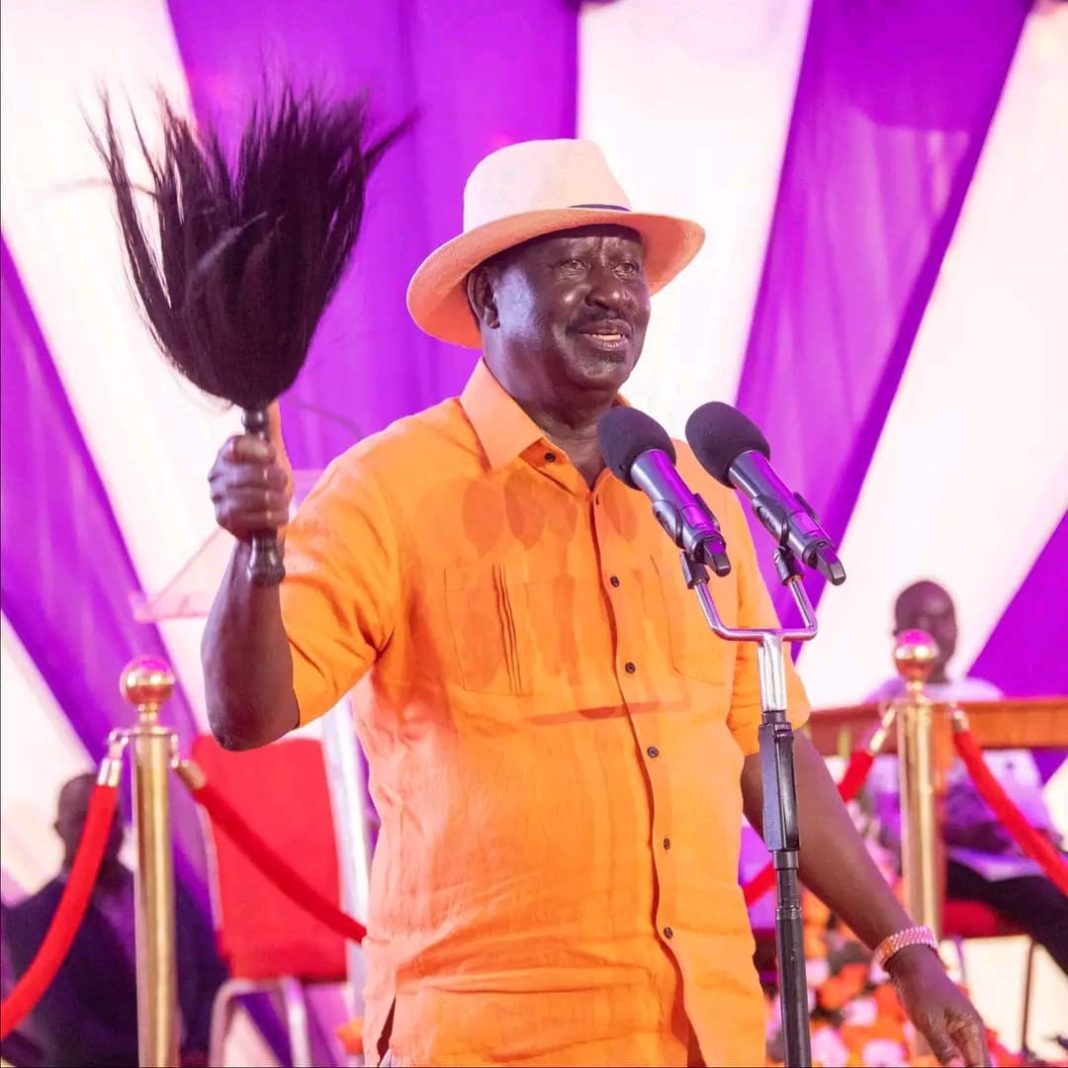By Billy Mijungu
ODM and Raila Odinga were once inseparable. To be ODM was to be Raila, and to be Raila was to be ODM. That bond was both its strength and its weakness. Now that Raila has stepped aside, the party faces its greatest test, survival beyond personality. For ODM to endure, it must evolve into a corporate political entity, guided by systems, not sentiments; by collective leadership, not charisma.
The history of Kenyan politics is littered with parties that faded once their founding icons left, Ford Kenya, KANU, NARC, Jubilee, and PNU, among others. ODM risks the same fate if it fails to institutionalize its operations. What kept ODM afloat longer than most was Raila’s deliberate effort to infuse a corporate structure into its organs, the National Governing Council, National Executive Committee, and Central Committees. Even as he remained the undisputed alpha, Raila nurtured an internal culture of consultation. That practice, though limited, gave the party a taste of what corporate politics could feel like.
Raila’s ultimate gift to ODM and to the broader Luo Nation was unity, a unity anchored not on emotion but on organized mobilization. That unity will only survive if ODM now matures into a corporate machine. It can no longer depend on the whims of an individual, no matter how inspiring. No one else can command the loyalty and energy that Raila did. His exit leaves behind both a vacuum and a challenge, to build a system that outlives individuals.
ODM’s leadership must therefore pause and reflect deeply. Over the last two decades, the party has won admiration for its resilience, but it has also suffered from complacency. In recent years, the enthusiasm for its ticket has waned. The reasons are clear, internal decisions have often been seen as opaque, hijacked by small cartels that alienate the grassroots. Reforming that culture is not just desirable, it is existential.
Yet, amid its challenges, ODM remains the most structurally organized political party in East and Central Africa. Its networks, systems of mobilization, and grassroots presence are unmatched. What remains is to make the “Democratic” in Orange Democratic Movement truly work. If ODM becomes corporate, transparent, inclusive, and accountable, it will not just survive Raila Odinga’s absence. It will define a new era in Kenya’s political maturity.




